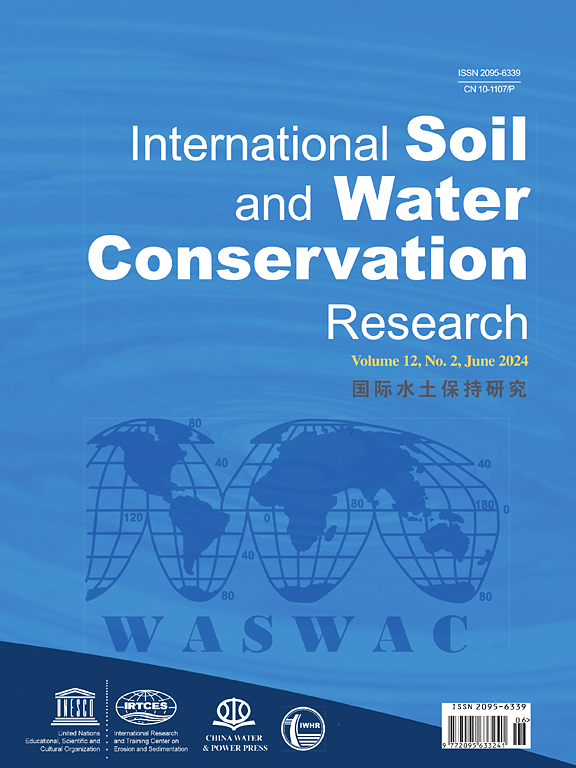Indigenous Management of Wetlands Experiences in Ethiopia
Publication Year: 2019
Author(s): Dixon A
Abstract:
There has been increasing recognition around the world that wetlands are fragile ecosystems which require sensitive and sustainable management if they are to continue to provide their range of functions and benefits. These functions and benefits, which include contributions to food security and environmental regulation, play a critical role in sustaining rural livelihoods in many developing countries. Drawing upon research carried out in the area, this book identifies and discusses the importance of wetlands to local communities in south-west Ethiopia, and in particular, how indigenous wetland management practices contribute to sustainable wetland use. As the basis of wetland management, particular attention is paid to the role of Indigenous Knowledge Systems, and how knowledge of wetland functioning is acquired, disseminated, developed and applied by local communities in their wetland management strategies. Critically, this community knowledge is examined in the context of scientific data, specifically that obtained from a wetland hydrology monitoring programme, thereby drawing attention to the strengths and weaknesses of both systems. This has major implications not only for the ways in which wetlands and other natural resources are managed at the local level, but also for the wider rural development strategies of governments and non-governmental organizations.
ISBN: 9781138742918
Country: Ethiopia
Publisher/Organisation: Routledge
Theme: Traditional/ Indigenous Knowledge | Subtheme: Natural Resources Conservation
Related Documents
Case Study
Good practices in water security: ideas for praxis
Published Year: 2010
Abstract:
This document includes several case studies that illustrate the implementation of these strate... Read More
Research Papers/Articles

Why We Should Revitalize Indigenous Water Harvesting Systems: Lessons Learned
Published Year: 2024
Abstract:
It is generally believed that problems surrounding water scarcity led earlier generations to d... Read More



